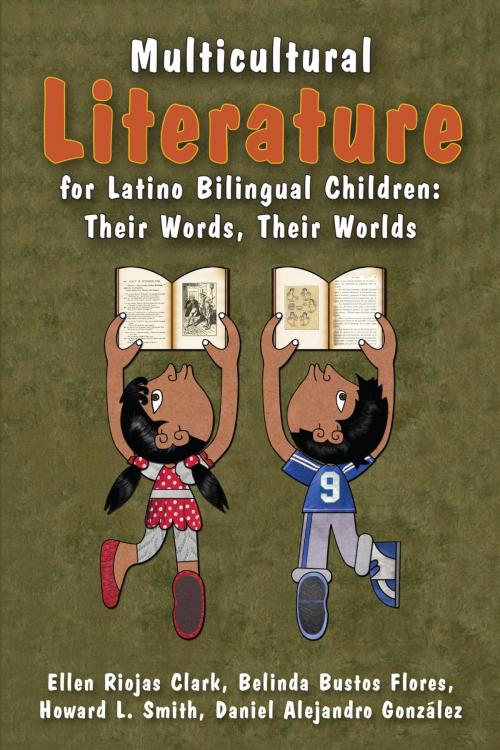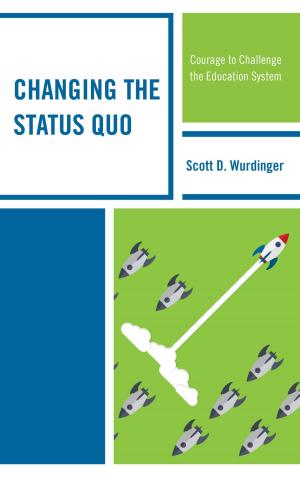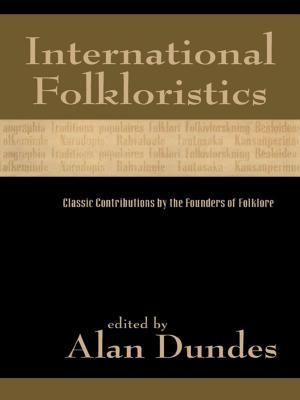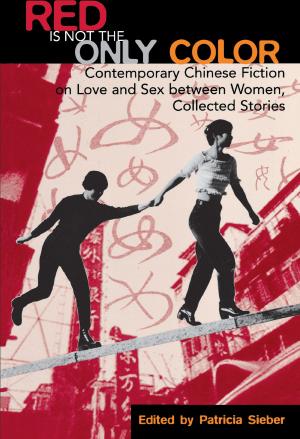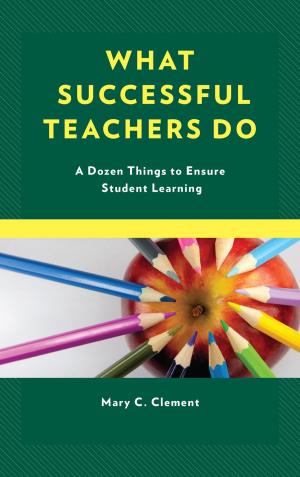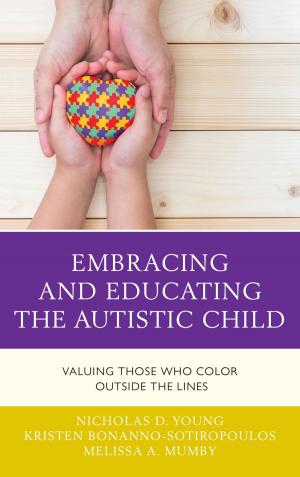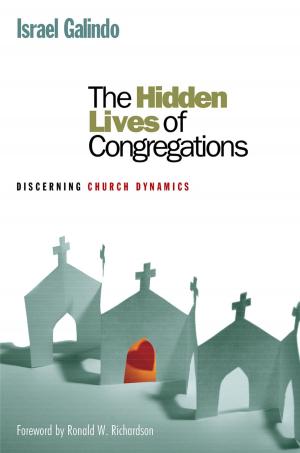Multicultural Literature for Latino Bilingual Children
Their Words, Their Worlds
Nonfiction, Reference & Language, Education & Teaching, Educational Theory, Multicultural Education, Bilingual Education, Teaching| Author: | Howard L. Smith, Daniel Alejandro González, Belinda Bustos Flores, Ellen Riojas Clark | ISBN: | 9781475814934 |
| Publisher: | Rowman & Littlefield Publishers | Publication: | November 25, 2015 |
| Imprint: | Rowman & Littlefield Publishers | Language: | English |
| Author: | Howard L. Smith, Daniel Alejandro González, Belinda Bustos Flores, Ellen Riojas Clark |
| ISBN: | 9781475814934 |
| Publisher: | Rowman & Littlefield Publishers |
| Publication: | November 25, 2015 |
| Imprint: | Rowman & Littlefield Publishers |
| Language: | English |
While there are volumes that fall into the category of children’s literature, there appears to be relatively few that explore the needs of bilingual learners and the linguistic and sociocultural context of Latino children’s literature. This volume makes a needed contribution by addressing the social, cultural, academic, and linguistic needs of Latino bilingual learners who are still underserved through current school practices. We aim to conceptualize different forms of social knowledge so that they can serve as cultural resources for learning, acquiring knowledge, and transforming self and identity. This volume presents a balance of theory, research, and practice that speak to authentic multicultural Latino literature and helps ensure its availability for all students. The intended outcome of this volume then is to create a heightened awareness of the cultural and linguistic capital held by the Latino community, to increase Latino students’ social capital through the design of critical pedagogical practices, and for the formulation of a new perspective, that of Latino multicultural literature for children.
While there are volumes that fall into the category of children’s literature, there appears to be relatively few that explore the needs of bilingual learners and the linguistic and sociocultural context of Latino children’s literature. This volume makes a needed contribution by addressing the social, cultural, academic, and linguistic needs of Latino bilingual learners who are still underserved through current school practices. We aim to conceptualize different forms of social knowledge so that they can serve as cultural resources for learning, acquiring knowledge, and transforming self and identity. This volume presents a balance of theory, research, and practice that speak to authentic multicultural Latino literature and helps ensure its availability for all students. The intended outcome of this volume then is to create a heightened awareness of the cultural and linguistic capital held by the Latino community, to increase Latino students’ social capital through the design of critical pedagogical practices, and for the formulation of a new perspective, that of Latino multicultural literature for children.
